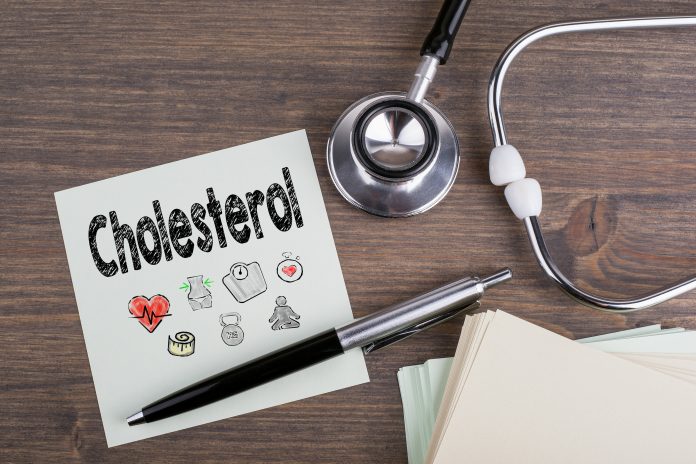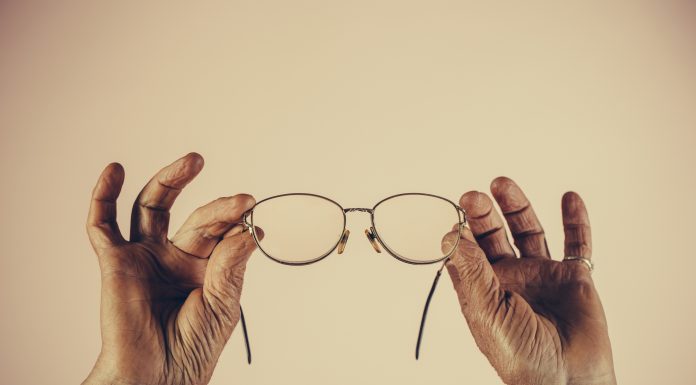Cholesterol is a type of fat that is found in your blood. Your liver makes the it for your whole body. You can also get it from certain types of foods such as milk, eggs, butter, cheese, meat and fish. LDL lipoprotein is the major carrier of cholesterol in the blood. It is what we call “bad” cholesterol because when it is elevated it can increase our risk of heart disease. It deposits cholesterol on the walls of our arteries. This creates a hard, thick substance called plaque. Eventually this will thicken the walls of the arteries and they become narrower. This is called athlerosclerosis.
What can determine whether your levels are high or low?
Heredity
Quite often, genes are the culprit behind high levels. Many of those who have high levels have inherited what is called familial hypercholesterolemia. Even without this specific type of high cholesterol, genes will still play a role in how quickly it is made and removed from your blood.
Weight
Excess weight quite often raises your bad levels. Losing weight may help to lower it. Getting more exercise can help you to lose the weight and lower your LDL while raising your HDL, what is called good cholesterol.
Your Diet
What you eat can affect your levels. Saturated fat adds bad cholesterol to your diet. This leads to the high rate of heart attacks that we see in western countries. Reducing your saturated fat and eating less animal products will lead to a healthier heart.
Other factors such as stress can also play a role in raising levels. Drinking too much alcohol does raise your HDL but doesn’t help to lower the LDL so keep your alcohol intake to a minimum.
September is National Cholesterol Education Month. To learn more about how you can lower your levels and have a healthy heart, click here.
























